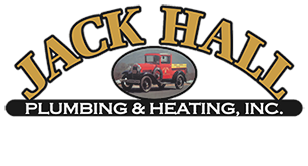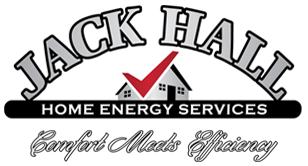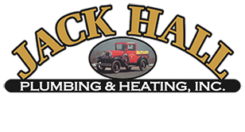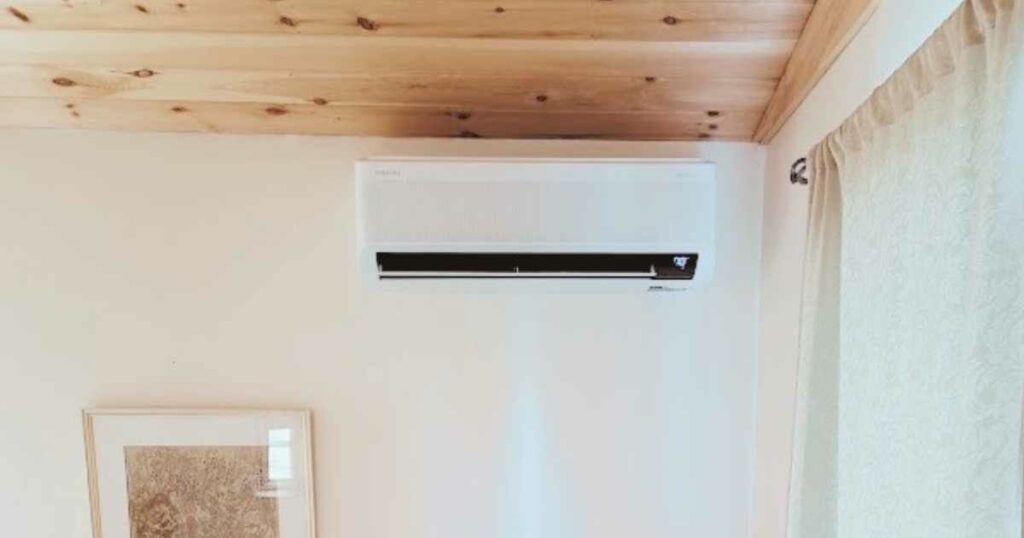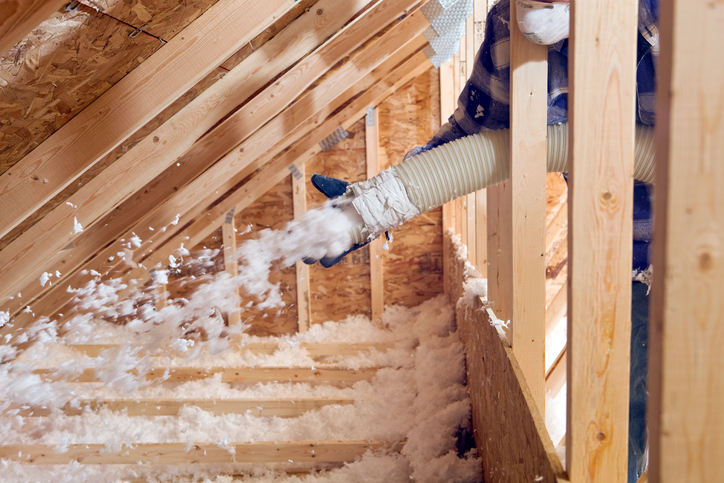Anyone who’s climbed into their attic in July knows it’s like a sauna. While it’s normal for attic temperatures to be warm, especially in the summertime, if that space gets too hot it could negatively impact your home in several ways.
Why is the Attic so Warm?
We all learned in science class that hot air rises. That’s why any heat generated in your home from ovens, dryers, appliances, and even lights eventually ends up in, you guessed it, the attic.
Heat is also created when the sun shines on your roof. The resulting hot air gets trapped in the attic space creating a layer of heat at the top of your house. If your attic is sweltering, there’s a good chance this heat is seeping into your home through the vents, insulation, or the attic access point.
How Hot is Too Hot?
A good guide to gauge an acceptable attic temperature is that it should be no lower than 60 degrees in the winter and no more than 10 to 20 degrees above the outside temperature in summer.
If your attic temperature is consistently hitting 130 degrees or hotter, damage to your home and a high utility bill is very likely. You can keep a thermometer in your attic to check – it doesn’t have to be an expensive one and will give you a better idea of how hot things really are.
Overheated Attic Issues
When your attic is too hot, the impact is spread through your entire home. From uncomfortable upstairs temperatures to the potential for mold growth, this excess heat can wreak havoc on everything from a home’s structural components to the HVAC system. If you’ve noticed that no matter what you do with your AC, you can’t keep your home’s temperature at the right level and your energy bill is higher than it should be, there’s a good chance you have an overly hot attic.
Here are a few areas most affected by the heat:
Roof shingles. When asphalt shingles get hit with a combination of the sun and excessive heat from your attic they get baked into the roof and start to break down. This significantly reduces the shingle’s life span, leads to leaks, and means you could be replacing your roof much sooner than expected.
Wood framing. Extremely hot, humid air that’s a long-term condition in your attic can eventually warp the wood framing of your roof and potentially create serious structural issues.
HVAC systems: Even if you’ve got a new HVAC system, an overheated attic is going to make it work harder to cool your home. This added stress to the HVAC can cause more breakdowns and shortens the effective life of the system.
Attic Insulation. High attic temperatures can cause some types of attic insulation to shrink. This significantly reduces its effectiveness and amplifies the hot and cold temperatures that create issues in your home.
At Jack Hall Home Energy Services, our skilled technicians can evaluate your attic and recommend the right insulation options to keep that space at an optimal temperature. We offer attic insulation service in Glens Falls, Saratoga Springs, Queensbury, and throughout the North Country. Contact us today for a free estimate.
